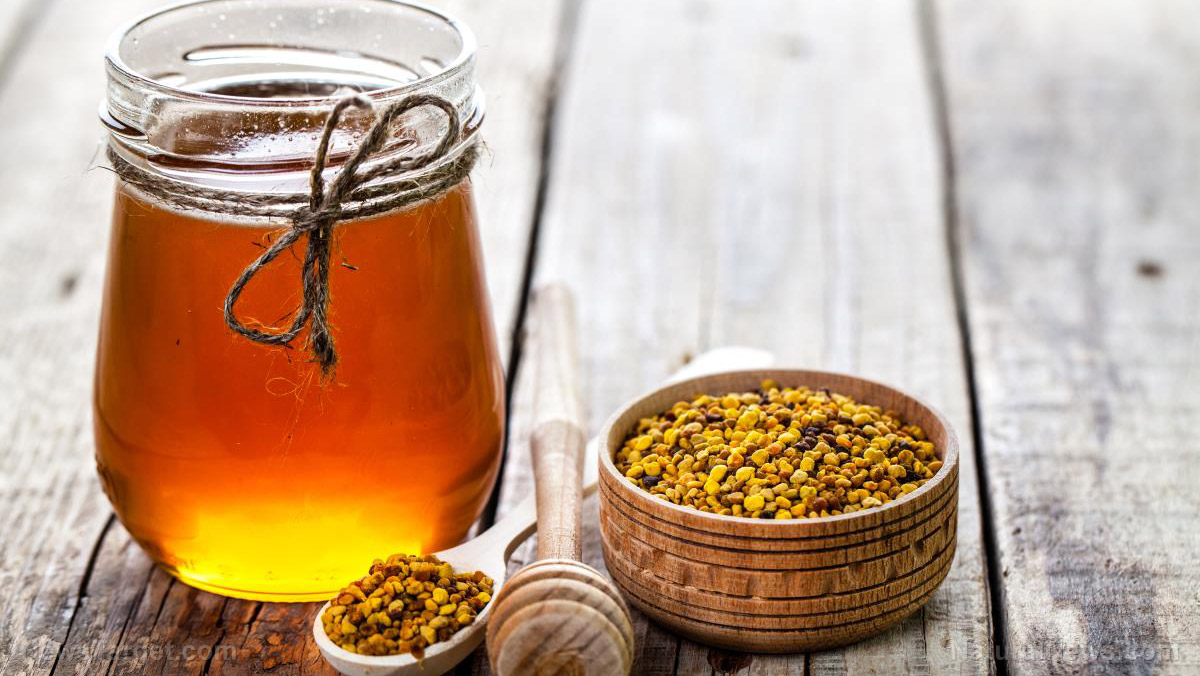How eating red grapes can help fight off cancer
08/26/2021 / By Skye Anderson

We all know grapes to be sweet and juicy little fruits — the main ingredients for making red wine. We also know that they’re packed with nutrients, and they can be used to make jams, jellies, raisins and many other food products. But grapes can also be used for other purposes, such as for supporting a healthy heart. In fact, the same compounds that have been shown to help reduce blood pressure and blood cholesterol levels have also been found to help fight cancer in cell culture and animal studies.
According to a study by researchers at The Pennsylvania State University (PennState), the combination of resveratrol from the skin of red grapes and the phenolic compounds in grape seed extract can stop the development of tumors and even kill colon cancer stem cells. These immortal cells are known as the “seeds of cancer” because of their unlimited capacity to self-renew and proliferate and their role in tumor formation. At present, there are no mainstream drugs that can kill cancer stem cells.
The beneficial compounds in grapes
Resveratrol is a botanical compound that can be found in a variety of berries, such as blueberries, bilberries and cranberries. But it is strongly associated with red grapes and red wine because they contain the highest resveratrol levels among known sources. Resveratrol only resides in the skins of red grapes, so only wines that are produced without removing grape skins early on contain this beneficial compound.
Resveratrol is a polyphenolic compound that belongs to the stilbenes, a group of plant chemicals known for their antioxidant, anti-inflammatory and anti-cancer properties. It is also considered a phytoalexin because plants produce it in response of environmental stressors. A plethora of studies have linked various health benefits to resveratrol, such as blood pressure and blood cholesterol reduction, brain protection from age-related cognitive decline, improved insulin sensitivity and cancer prevention.
Aside from resveratrol, plenty of other polyphenols can be found in grapes, particularly in their seeds. Chemical analyses revealed that grape seed extracts are rich in flavonoids and other stilbenes, which also give them an abundance of health-promoting properties. According to studies, grape seed extracts can help lower blood pressure, improve blood circulation, protect healthy cells from oxidative damage, fight microbial infections and reduce cancer risk, among other benefits.
Grape compounds can help prevent cancer
In an earlier study, PennState researchers found that at high concentrations, resveratrol can increase the effectiveness of grape seed extract against colon cancer cells. This led them to hypothesize that this combo could also work against cancer stem cells, which are responsible for the resistance shown by certain tumors to chemotherapy and radiation. To their knowledge, no other study has tested the potency of these combinations against colon cancer stem cells.
For their experiment, the researchers treated cultured human colon cancer stem cells with resveratrol and grape seed extract. They also used mice with chemically induced colon cancer to see if the combination could prevent tumor formation under biological conditions.
The researchers found that the resveratrol-grape seed extract combo suppressed the growth of tumors in the treated mice without causing any stomach issues. They also found that the grape compounds managed to reduce the number of colon crypts containing cancer stem cells by causing the stem cells to commit cell suicide (apoptosis).
Meanwhile, in culture, the researchers also observed that the combination of resveratrol and grape seed extract prevented colon cancer stem cells from proliferating and forming spheres. Sphere formation is a sign of self-renewal and is linked to tumor development. Unlike the conventional anti-tumor drug sulindac, the combination of resveratrol and grape seed extract also effectively killed colon cancer stem cells by activating molecular pathways that led to apoptosis.
Thanks to these findings, the researchers were convinced that the bioactive compounds in grapes can be used for the prevention and treatment of colon cancer.
“The combination of resveratrol and grape seed extract is very effective at killing colon cancer cells. And what we’re learning is the combination of these compounds is not toxic to healthy cells,” said Jairam Vanamala, an associate professor of food science at PennState and one of the study authors.
Grapes are nutrient powerhouses and are a great source of powerful antioxidants. These beneficial compounds can help protect your cells from oxidative damage, which is linked to the development of cancer. To boost your nutrient intake and your body’s ability to fight cancer, add fresh, organic red grapes to your diet and experience the many benefits of resveratrol and other grape polyphenols.
Sources:
BMCComplementMedTherapies.BiomedCentral.com
Submit a correction >>
Tagged Under:
This article may contain statements that reflect the opinion of the author
RECENT NEWS & ARTICLES
COPYRIGHT © 2017 SUPER FOODS NEWS





















